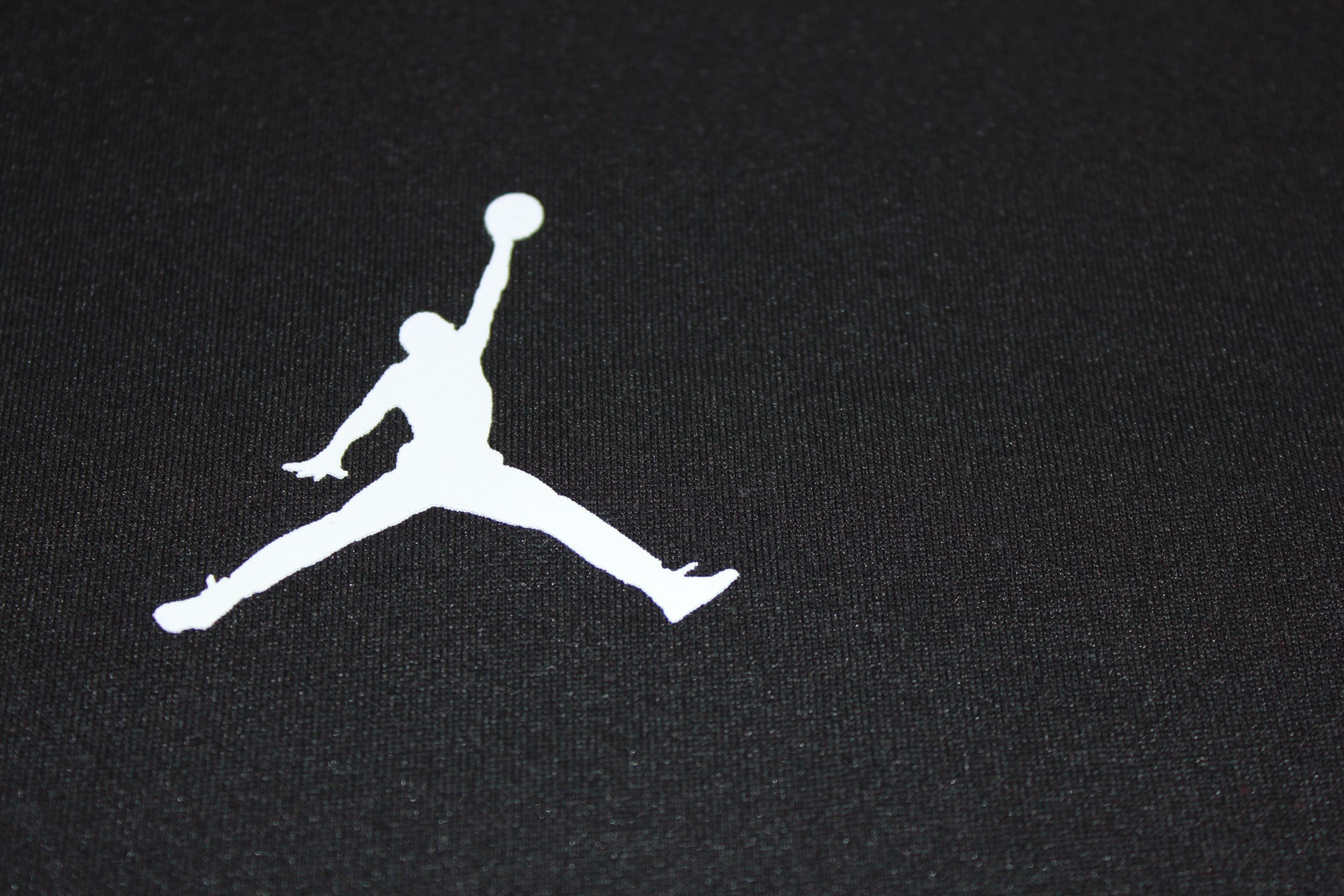The Kingdom of Jordan: How did the world’s greatest basketball player become a business empire?
The defining moment of Michael Jordan’s career occurred on March 29, 1982, in New Orleans, where the NCAA Championship game between the University of North Carolina and Georgetown took place. With 17 seconds remaining, the 19-year-old Jordan made an incredible game-winning shot, leading his team to victory in the college championship. Looking back, it’s safe to say that this moment put Jordan on the global basketball map. On June 19, 1984, the Chicago Bulls selected Michael Jordan as the third pick in the draft, and the rest, as they say, is history. Jordan won six championships, became a global brand, and built a worldwide business empire.
The Beginning of the Journey Jordan’s entry into the NBA in the mid-1980s wasn’t easy. The NBA was just beginning to solidify itself as a league. While star players like Larry Bird, Magic Johnson, and the Showtime Lakers generated interest, the league suffered from serious image problems: violence on the court, drug use, lack of competitiveness, and economic issues. Many teams struggled financially as corporations were hesitant to invest. However, Jordan’s arrival quickly improved the league’s reputation. His presence attracted major sponsors, and TV networks fought to broadcast NBA games, bringing in significant revenue from both domestic and international sources. As a result, investors, entrepreneurs, and businessmen became interested in and started investing in NBA teams. With Jordan and Commissioner David Stern, the NBA entered a new era.
Jordan’s NBA Career and Business Ventures with Nike In 1984, the average player salary was around $300,000 per season. Jordan earned $455,000 in his rookie season with a $100,000 signing bonus. Throughout his career, Jordan earned approximately $93.6 million, with the majority coming from the 1996/97 and 1997/98 seasons. Before joining the NBA, Jordan signed a deal with Nike, receiving $2.5 million over five years plus 5% of shoe sales for life. As of 2023, Jordan earned approximately $1.6 billion from his partnership with Nike. The Air Jordan brand continues to grow, with revenues reaching $5.1 billion in 2022, a 7% increase from the previous year.
Investments in Sports – Over 1000% Return on Sports Teams In 2010, Jordan acquired a 65% stake in the Charlotte Hornets for $275 million. He reportedly sold a significant portion of his shares for $3 billion, earning over 10 times his initial investment in 13 years. In addition to the Hornets, Jordan owns a 0.5% stake in the Miami Marlins baseball team, valued at $1 billion, and co-founded the 23XI Racing team in NASCAR, with an estimated investment of $150 million, generating annual revenues of $30 million. Jordan also serves as an advisor and investor in the sports betting company DraftKings, valued at $13 billion on the New York Stock Exchange. He is also the owner of the prestigious golf club, Grove XXIII, valued at $20 million.
Investments in Commerce, Consumer Goods, and Real Estate In addition to sports investments, Jordan holds real estate assets worth an estimated $100 million, including properties in Chicago, North Carolina, Utah, and Florida. In 2019, Jordan co-founded the tequila brand Cincoro with several basketball legends. The brand sold approximately 1.5 million bottles and won 23 awards in 2022, with prices ranging from $350 to $4,500 per bottle. Jordan also partnered with the Japanese car agency Nissan to establish “Jordan Nissan,” which sells both new and used cars, generating estimated annual revenues of $10.8 million.
Only 3.2% of Jordan’s $3 billion fortune comes from his NBA salary. Jordan’s journey demonstrates the importance of smart investments alongside earnings. He diversified his portfolio across various industries and achieved remarkable success. Despite earning significantly less during his NBA career compared to other players, Jordan focused on smart investments, achieving a net worth of $3 billion. His philanthropic contributions include donations to the Make-A-Wish Foundation, victims of the September 11 attacks, and various charitable initiatives.
In conclusion, Jordan’s impact extends far beyond the basketball court. He revolutionized the perception of basketball players, inspiring them to think beyond their athletic careers. He also made significant contributions to various communities through philanthropy. While debates may continue over who the greatest basketball player of all time is, it’s evident that Jordan is truly unique and exceptional.
